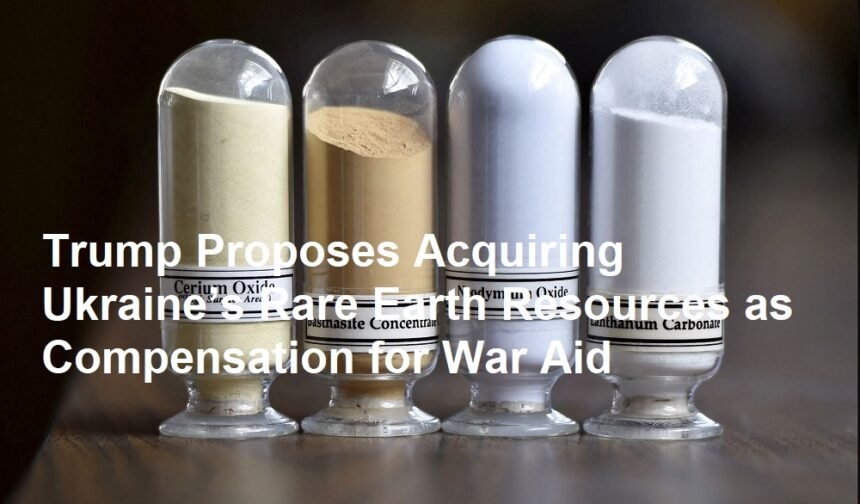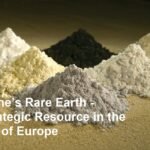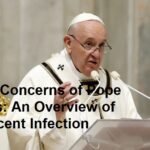In a provocative and controversial statement, former U.S. President Donald Trump declared his intention to acquire Ukraine’s rare earth resources as a form of compensation for the war aid provided to Ukraine during its ongoing conflict. The remark, made during an interview on a prominent conservative news channel, has ignited a firestorm of debate both domestically and internationally.
Trump’s proposal centers on the idea that tangible assets—specifically, Ukraine’s valuable rare earth minerals—should serve as a quid pro quo for the military and humanitarian assistance delivered to Ukraine. “If a country supports you in times of war, perhaps they deserve something substantial in return,” Trump commented during the interview. “In this case, I believe Ukraine’s rare earth resources could be that compensation. These materials are strategic and extremely valuable, and they could serve as a fair exchange for the help we provided.”
Rare earth elements are critical components in modern technologies, from advanced electronics to green energy solutions, making them highly coveted on the global stage. Ukraine is known to possess significant deposits of these minerals, and their potential economic and strategic value cannot be understated. However, many experts and officials have quickly dismissed Trump’s proposal as not only unrealistic but also a dangerous precedent for international diplomacy.
Ukrainian government representatives were swift to react. A spokesperson for Ukraine’s Ministry of Foreign Affairs issued a statement condemning the suggestion, emphasizing that Ukraine’s territorial integrity and natural resources are sovereign assets that cannot be used as bargaining chips. “We categorically reject any notion that our country’s natural resources are available for negotiation or trade in exchange for foreign military or economic assistance,” the spokesperson stated. “Such proposals undermine international law and the principle of national sovereignty.”
The reaction in Washington and among international allies has been equally mixed. Some conservative commentators praised Trump’s boldness as a break from conventional diplomatic language, suggesting that his approach reflects a pragmatic view of international relations where tangible assets have intrinsic value. However, numerous bipartisan lawmakers and foreign policy analysts have criticized the idea as both short-sighted and potentially destabilizing. “Linking military aid to the acquisition of strategic resources is a recipe for international discord,” warned one senior U.S. diplomat. “It not only undermines the spirit of mutual cooperation but also sets a perilous precedent that could encourage further exploitation of national assets in future conflicts.”
Analysts also pointed out that Trump’s proposal could complicate the already delicate U.S.-Ukraine relationship. While the United States has been a staunch supporter of Ukraine’s defense efforts, any suggestion of extracting compensation in the form of critical resources might be perceived as transactional and self-serving. “This kind of rhetoric risks reducing a complex geopolitical situation to a simplistic barter deal, which is both insulting to Ukraine and harmful to broader international norms,” explained an expert in international relations.
Moreover, the idea of trading rare earth elements for war aid raises significant logistical and legal challenges. Rare earth resources are subject to rigorous international regulations, and any transfer of control over such assets would likely require extensive negotiations under the auspices of international bodies. Critics argue that Trump’s statement appears more as a political stunt than a viable policy proposal.
As the controversy unfolds, both domestic and international observers are closely monitoring the fallout. Social media platforms have been abuzz with debates and heated discussions, with supporters of Trump hailing his “outside-the-box” thinking, while detractors warn that such ideas could exacerbate global tensions.
In summary, former President Donald Trump’s suggestion to acquire Ukraine’s rare earth resources in exchange for war aid has stirred significant controversy. While the proposal highlights the immense strategic value of rare earth elements, it also underscores the challenges inherent in linking national support to tangible assets. As diplomatic channels remain open and discussions continue, it is clear that this provocative statement will be dissected by policymakers and experts for months to come.













